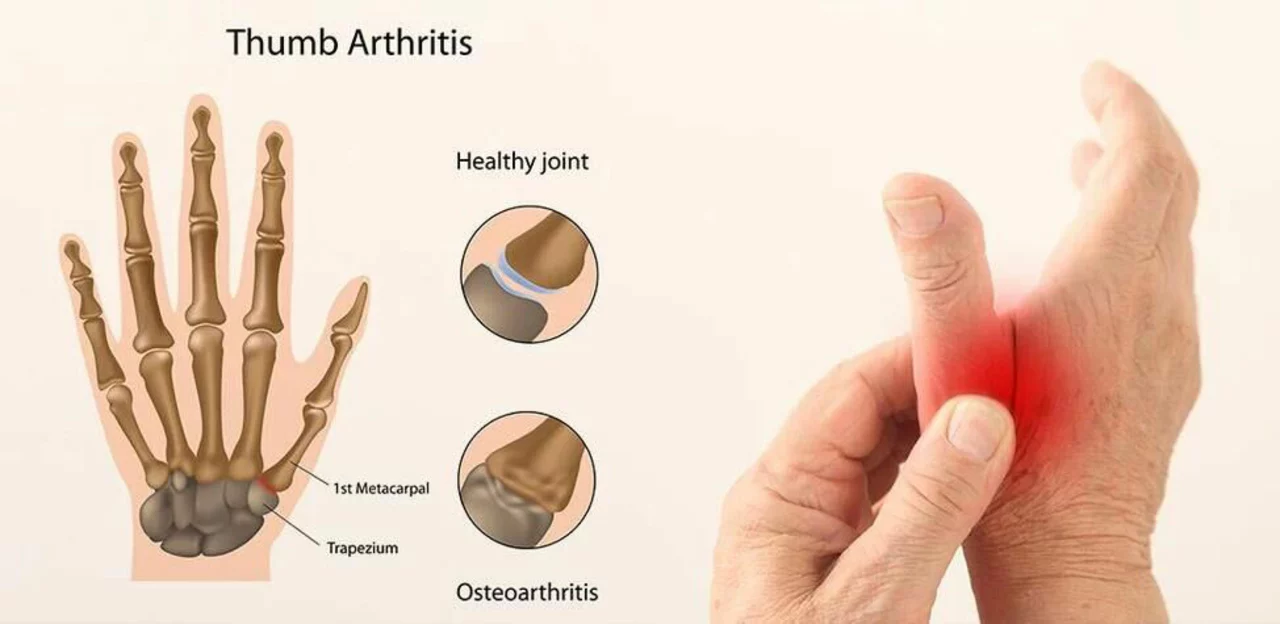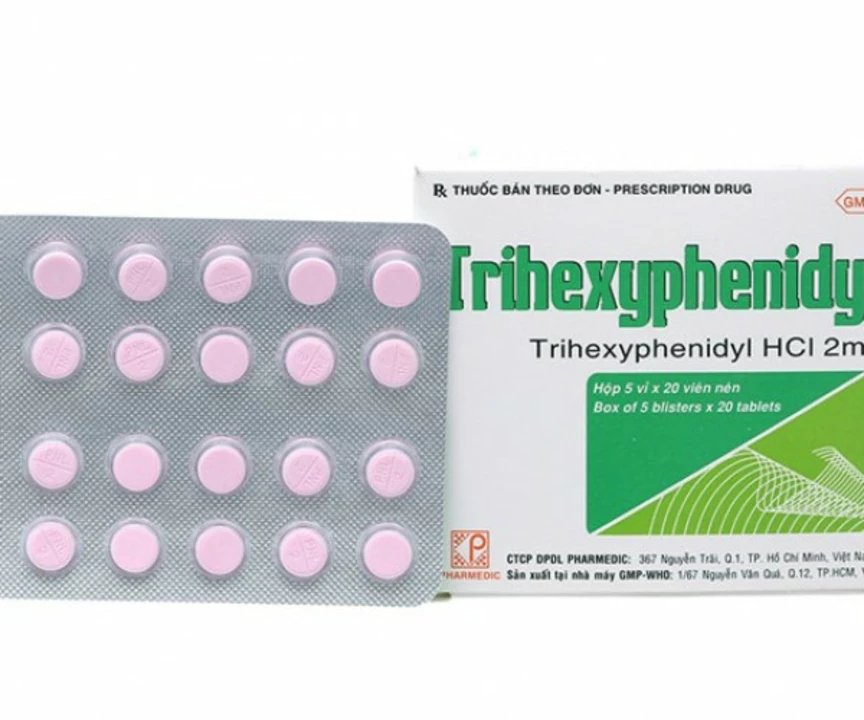Tips for Safer, Cheaper, and More Effective Health Choices
Want to save money on prescriptions, avoid bad side effects, and pick supplements that actually help? Small, specific actions change outcomes fast. Below are hands-on tips you can use today — from ordering meds online to choosing reliable supplements and making lifestyle swaps that work like medicine.
Ordering meds online without the risk
Not all online pharmacies are equal. Before you buy, check three things: they require a prescription for prescription drugs, show a valid license or pharmacy address, and offer clear contact info (phone or pharmacist access). Watch for red flags: prices that look ridiculously low, no pharmacist listed, or sellers who push large quantities without paperwork.
Compare prices across sites and factor shipping and handling. Use secure payment methods and keep records of orders. If a site claims a miracle product or says no prescription is needed for controlled medicines, walk away. When in doubt, call your local pharmacist — they can often verify a seller or suggest safer alternatives.
Choosing alternatives and supplements
Thinking about swapping a drug for a natural option? First, ask: what evidence supports it, what dose was tested, and could it interact with your meds? For example, cinnamon and fenugreek have data for modest blood sugar effects, while kefir helps gut health through probiotics. Garlic extract (Lasuna) can support heart health markers but can also thin blood — so tell your doctor if you take blood thinners.
Look for third-party testing on supplements and standardization of the active ingredient. Don’t stop prescribed treatments without talking to your provider. Use supplements as add-ons when appropriate, and track any changes in symptoms or lab results.
Medications like PhosLo, Zyprexa, and Cymbalta need monitoring. Keep a single up-to-date list of everything you take and share it with every clinician. Watch for weight changes, mood shifts, dizziness, or unusual swelling. For kidney patients, ask about lab targets (like phosphate levels) and follow the timing and diet advice that comes with binders like PhosLo.
Practical lifestyle tips that matter
Want to avoid or reduce meds? Simple, consistent habits beat occasional extremes. To lower LDL, add fiber (oats, beans), eat fatty fish twice a week, avoid trans fats, and aim for 30–45 minutes of moderate exercise most days. For muscle injury prevention, warm up, progress load slowly, and include mobility work in your routine.
Store meds in a cool, dry place (not the bathroom). Dispose of unused drugs at take-back sites or follow local disposal rules. If nausea or other side effects appear, ask about alternatives — there are usually options that work differently and may suit you better.
Questions about a specific article or drug? Use our contact page to reach us or talk with your pharmacist. Don't guess with prescriptions or serious symptoms — get a professional check. These tips will help you make safer, cheaper, and smarter choices every day.

Osteoarthritis and Travel: Tips for Managing Symptoms on the Go
As a frequent traveler, I've learned a few essential tips for managing my osteoarthritis symptoms while on the go. First, I always make sure to pack comfortable shoes and clothing to help reduce any joint pain. It's also crucial to plan breaks and rest periods throughout my journeys to give my joints some downtime. Additionally, I find that staying hydrated and maintaining a healthy diet can work wonders in alleviating discomfort. Lastly, I never leave home without my medications and a portable heating pad or ice pack for quick relief when needed.

Trihexyphenidyl and Travel: Tips for Managing Symptoms on the Go
Traveling can be quite challenging for individuals taking Trihexyphenidyl, especially when it comes to managing symptoms on the go. First off, it's essential to have a pill organizer to ensure you're taking the medication on time and not missing any doses. Secondly, keeping a journal to track your symptoms and medication intake can help you identify any patterns or triggers. It's also vital to stay hydrated and maintain a healthy diet while traveling, as this can help alleviate some side effects. Lastly, don't hesitate to inform your travel companions about your condition, so they can provide support if needed.
-
14.05.23 -
Alistair Mukondiwa -
13
- Drug Information (69)
- Health and Wellness (59)
- Medical Conditions (22)
- Pharmacy Information (22)
- Supplements (4)
- Diabetes (4)
- Travel Health (3)
- Mental Health (3)
- Heart Health (2)
- Parenting (2)
-
Heat and Fentanyl Patches: How Heat Increases Overdose Risk
1 Nov 2025 -
Buy Generic Tamoxifen Online in Australia: Safe, Legal, and Low-Cost Options (2025)
9 Sep 2025 -
Baclofen vs. Alternative Muscle Relaxants: A Detailed Comparison
20 Oct 2025 -
Buy Cheap Generic Lasix Online - Complete Guide
4 Oct 2025 -
Get Ready to Transform Your Health with Brickellia: The Ultimate Dietary Supplement for Modern Living
8 Nov 2023

21.05.23
Alistair Mukondiwa
8